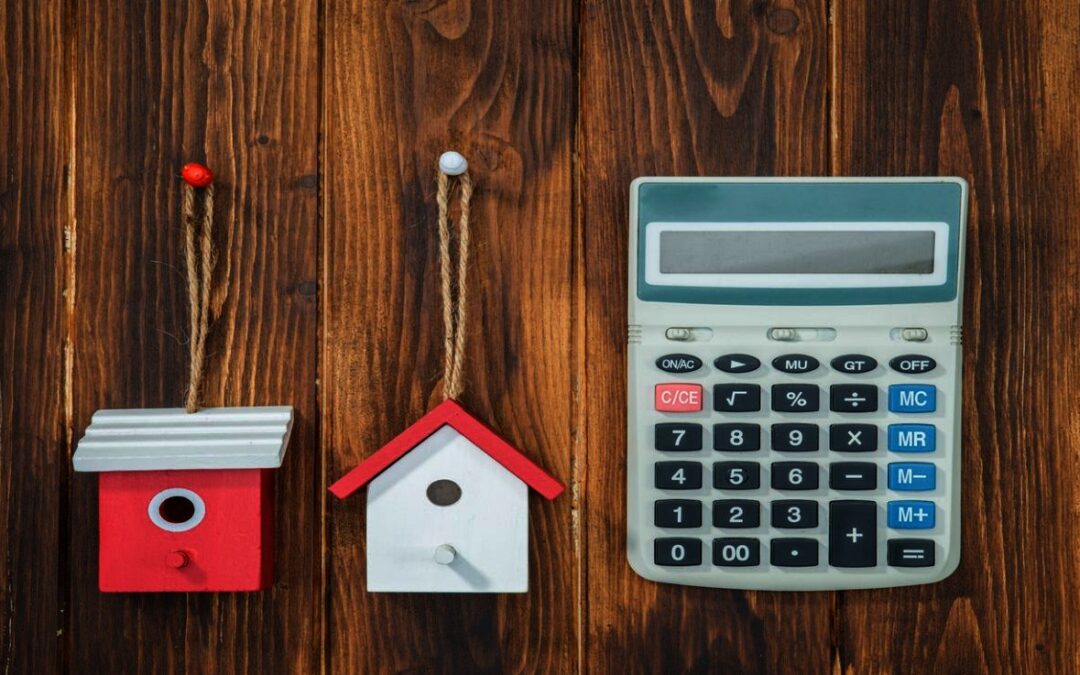Thanks to all the reality TV shows, fixing and flipping houses have never looked cooler. Unfortunately, a lot of people are finding out that Reality TV is not the same as reality. A lot of ambitious investors who are running out to try their hands on flipping houses thanks to the knowledge gleaned from a couple of episodes. While House flipping may be a profitable venture on TV, the date, as well as people’s experiences, have shown that it is a high risk venture.
Why Are Investors Losing Money on Flipping Houses?
If you’re an experienced realtor investor, you’ll notice a couple of discrepancies about these TV shows. One of those inconsistencies is the fact that the rough estimates shown at the end tend to ignore a lot of the costs. Essentially, it means that even in the TV shows, the actors are making a lot less than what is portrayed.
ATTOM, the leading provider of property and real estate data, released new data showing that a lot of people are also losing money. The latest Home Flipping reports also indicate that on average, the profits from house flops are declining. According to RealtyTrac, 21% of transactions show less than 10% gross profit. This means that once you add up all the numbers, you more than likely lost money in these deals. All of this is in addition to the 8% that is sold for less than what the property was purchased for.
None of the data above even tracks the much more significant percentage of new investors that buy properties get stuck on rehabilitating the house, or even over-improved who are all sitting on these liabilities that cost them money month after month.
The Problem with Flipping
If you’ve ever flipped houses in the past and enjoyed it, then you know that you can make a profit from flipping property. However, what new investors fail to realize is that there’s a difference between investing for profit and starting an expensive hobby.
The primary issue surrounding house flipping is taxes. The United States Government will collect a massive chunk of your profits from tax on flipped houses. It is an extreme situation. Most people tend to forget that they’ll be giving up at least 20 – 40% of their profits in taxes. If you’ve already spent the money before the tax bill gets to you, it can lead to a vicious cash crunch cycle. Nobody would enjoy getting chased by the IRS for $500.00 or $50,000 in past taxes.
Conclusion
House flipping involves a lot of speculation. If you were to do all the necessary research, find out the property value and the market, there’ll still be all kinds of factors beyond your control. Some of these factors include interest rates, natural disasters, neighboring foreclosures, etc. all of this can affect your ability to resell for more within a specific time frame.


Recent Comments